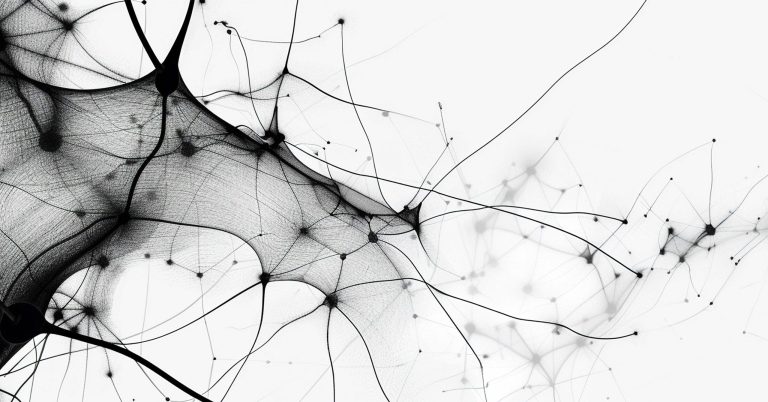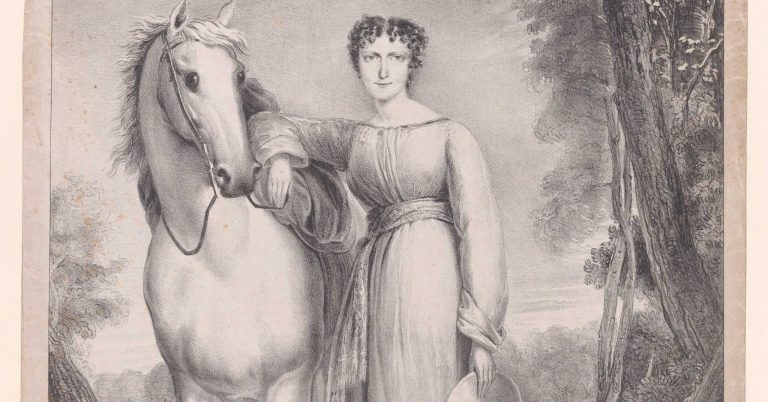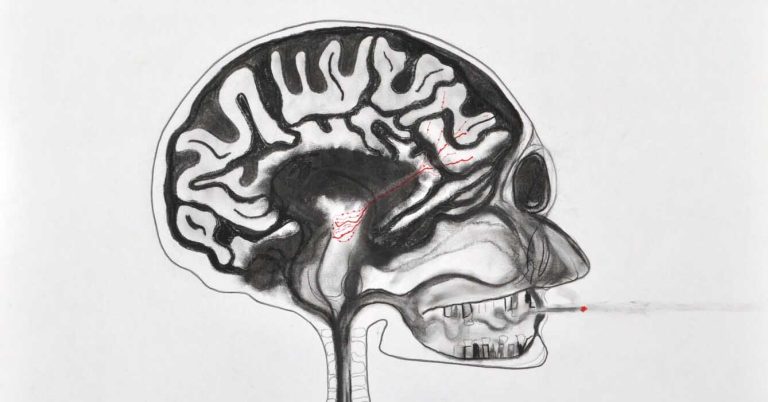
2025 marks the centenary of the birth of Gilles Deleuze. Throughout the year, we’re taking the opportunity to explore the impact of this towering figure in twentieth-century philosophy.
As part of this celebration, we’re publishing a series of blogs from leading Deleuze scholars. Read on to discover why A Thousand Plateaus stands out to Ronald Bogue as a highlight of Deleuze’s work.
Find out more about our centenary celebrations.
By Ronald Bogue
Yes, I’m still reading Deleuze. His was a remarkable mind, and his writings for me have remained invaluable tools to think with. As I’ve worked my way through the Deleuzian corpus, I have been continually struck by the wide range of topics he addressed and the penetration of his analyses. His texts have furnished me with a continuing education curriculum that has kept me busy for the last forty-two years. Given the extent of his interests, it’s not surprising that his works have attracted the attention of quite a diverse audience. Of course, the philosophical portraits—Hume, Nietzsche, Bergson, Spinoza, Kant, Leibnitz, Foucault—have made an impact among students of these thinkers. His studies of Proust and Kafka remain essential contributions to literary studies. The cinema books are gradually making their way into the reading lists of courses in film. The Bacon book is slowly gaining notice among scholars in the visual arts, and his thought on painting is no doubt soon to have an increased impact in the field with the recent publication of Sur la peinture. For those with a Lacanian bent, The Logic of Sense is the go-to text (and Deleuze’s subsequent collaboration with Guattari his greatest mistake). Many schizoanalysts, by contrast, regard Anti-Oedipus as Deleuze’s greatest achievement. But for me, as much as I admire all of Deleuze’s writings, his finest work, to which I return year after year, is A Thousand Plateaus (ATP). (I feel some justification for this judgment since Deleuze himself, in 1995, said that A Thousand Plateaus ‘is the best that we did together, Félix and I. And it’s the best of all that I’ve done’.)
A Thousand Plateaus
Deleuze insists that ATP is a work of philosophy, but if so, it is certainly one of a kind. Deleuze’s penchant for formal experimentation (witness The Logic of Sense’s sequence of series) finds its most satisfying fulfillment in ATP’s plateaus, each with its peculiar plane of engagement and structural principle (though with the whimsical continuation of the quasi-Spinozist Axioms, Propositions and Problems across the Nomadology and Apparatus of Capture plateaus), each to be read in an unspecified order, yet with a gesture toward introduction and conclusion in the Rhizome and Concrete Rules and Abstract Machines plateaus. The style of Anti-Oedipus continues in ATP, though with an even wider gamut of tone, diction, idiom and cadence, the voice of this doubly-articulated Professor Challenger unlike either those of Deleuze or Guattari. And then there are the concepts—so many concepts, that at times it seems as if ATP is nothing more than an extended collection of interconnected definitions. It comes as no surprise, then, that ATP should warrant the invaluable glossary of Bonta and Protevi, and I would venture that at least half of the entries in Sasso and Villani’s Vocabulaire, Zourabichvili’s Vocabulaire, Parr’s Deleuze Dictionary, and Young, Genosko, and Watson’s Deleuze and Guattari Dictionary gloss terms from ATP.
For those of us who enjoy puzzles, ATP presents a significant challenge. Much of my time over the last three or four decades has been devoted to explicating ATP’s myriad concepts, but also to pursuing the vast intertextual network of allusions documented in ATP’s footnotes. Deleuze was a gifted polymath, and assessing his thought requires serious engagement with many disciplines. Particularly challenging is differentiating the instances in which Deleuze merely summarizes a source’s position (often quite lucidly) from those in which he appropriates a source for his own ends. And then there is the problem of judging the reliability of the source or the viability of the source’s argument, should it be marshaled by Deleuze and Guattari as evidence to support their argument.
But if reading ATP is in some ways like solving a puzzle, the payoff in solving it is much greater than, say, in completing a crossword. What Deleuze and Guattari offer in the puzzling concepts of ATP is a kind of chaosmopolitanism, a philosophic practice of living in creative resonance with the chaosmos. The fundamental elements of this view of nature as a chaosmos are outlined in the Geology of Morals plateau, and a chaosmopolitan ethology and attendant conception of territoriality are laid out in the Refrain plateau. The Refrain plateau also sketches elements of a chaosmopolitan aesthetics in its remarks about music, and the Faciality plateau adds to that aesthetics in its account of faciality in the visual arts. The Postulates of Linguistics and the Regimes of Signs plateaus articulate a linguistic pragmatics of speech-action as intervention in the collective existence of humans within the chaosmos. A chaosmopolitan ethics is developed in the Becomings plateau, and a chaosmopolitan politics is the subject of the Segmentarity, the Nomadology and the Apparatus of Capture plateaus.
The War Machine
Despite my enthusiasm for the basic project I discern in ATP, however, there are some concepts that trouble me, none more so than the war machine, which has been the focus of my research over the last five years. Were the war machine simply a metamorphosis machine, as Paul Patton suggests in Deleuze and the Political, and hence merely the motor, as it were, of the nomadic production of smooth space, I would have no objection to the concept. But Deleuze and Guattari are also making assertions about actual war and the history of warfare. The nomadic war machine, of course, does not have war as its object, Deleuze and Guattari claim, but war itself is never the object of warfare, even in the case of the so-called suicidal fascist state, which at times may be nihilistic, but not suicidal. (See Eugene Holland’s ‘Schizoanalysis, Nomadology, Fascism,’ in Ian Buchanan and Nicholas Thoburn’s Deleuze and Politics.)
The thesis that the nomads invent the war machine, and that the State, having no war machine of its own, captures the war machine and alters it for its own ends, is not confirmed by global studies of the origins and development of armies and warrior cultures (though it is certainly the case that two specific war machines—the human-horse cavalry machine and the human-horse-chariot machine of ancient chariotry—are nomadic inventions adopted by various cultures around the world). Nor were the Eurasian nomads of the steppes, after whom Deleuze and Guattari model the nomadic war machine, intent only on destroying sedentary states. The goal of the Xiongnu, the Huns, the Turks, the Uighurs and the Mongols was not to ward off the State but to establish empires, many of which endured for extended periods of time, and which the majority of scholars, correctly I believe, label nomadic states. Hence, the sociopolitical distinction between the nomadic war machine and the State apparatus is not borne out by the empirical historical evidence of Eurasian steppe polities. But most importantly, Deleuze and Guattari implicitly valorize certain forms of war, which is a position I do not support. Wars may at times be necessary or inevitable, but they are not desirable.
In teaching ATP, I have tried to provide my students with commentaries on some of the work’s references, each year adding a few more explications to the list of annotations that might help them in navigating this difficult text, but there are still many references and allusions I have not investigated in detail. I’m retired now, but I haven’t stopped exploring the rhizomic connections recorded in the work’s footnotes. I don’t know whether I will keep reading Deleuze if I manage to follow up on all the references in ATP, but at this point I doubt that I’ll ever have to address that question.
About the author
Ronald Bogue is Distinguished Research Professor of Comparative Literature and Josiah Meigs Distinguished Teaching Professor at the University of Georgia.
Find out more about our Deleuze centenary celebrations






